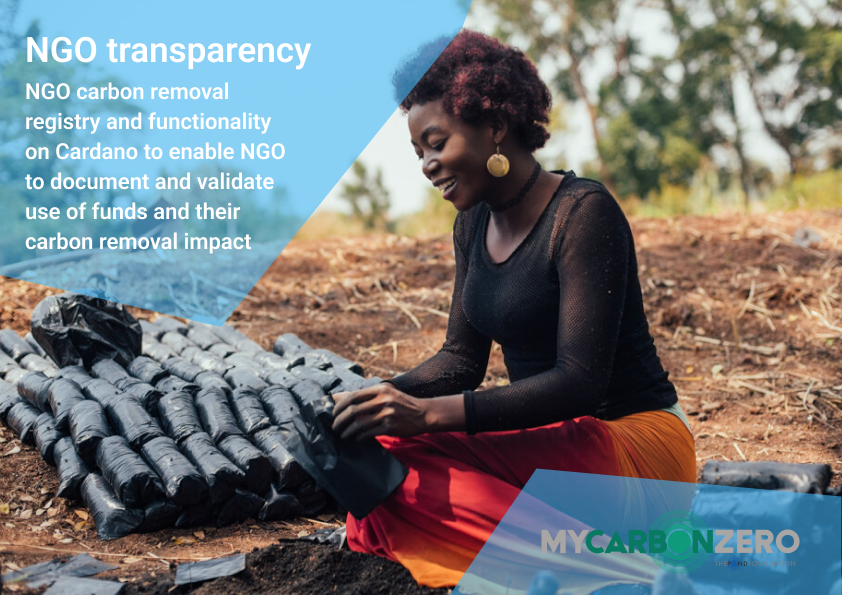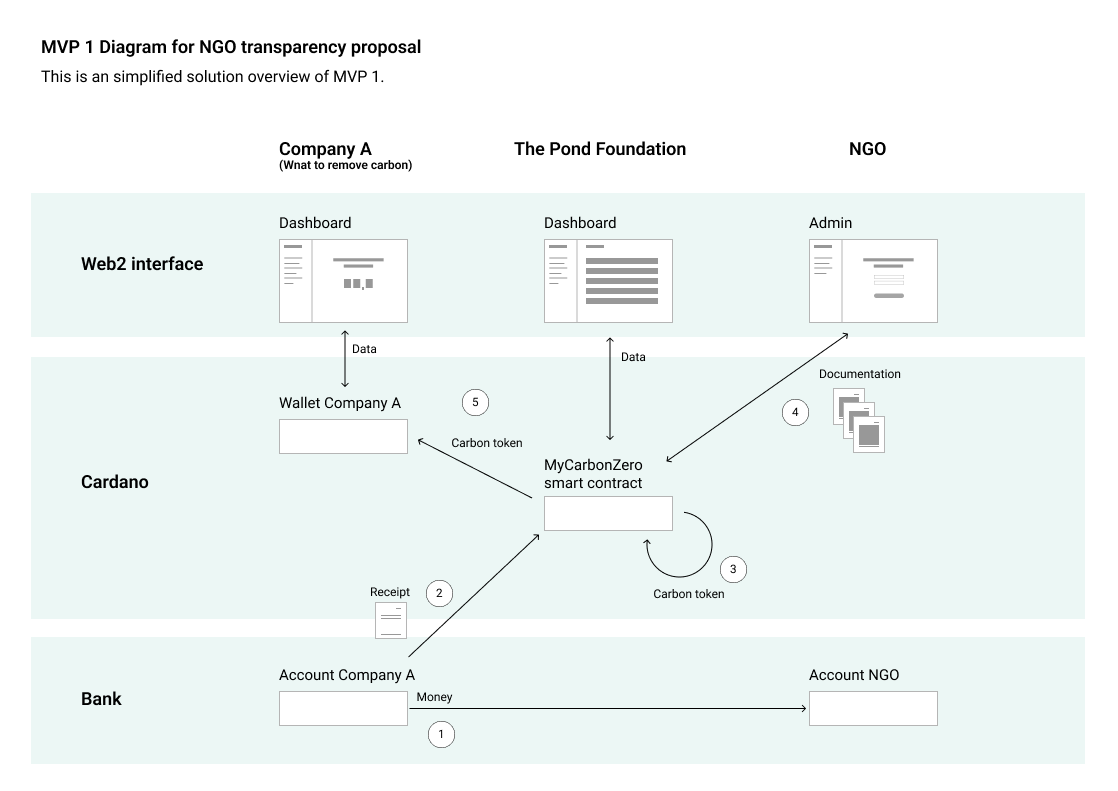 Intro:
Intro:
Here are few helpful links for more information about Carbon Markets and their importance:
<https://www-edie-net.cdn.ampproject.org/c/s/www.edie.net/amp-news/8/Carbon-removal-markets-must-grow-exponentially-by-2030-to-keep-1-5C-alive–report-warns/>
www.theguardian.com/environment/2021/may/04/what-is-carbon-offsetting-and-how-does-it-work
www.diligent.com/insights/esg/business-carbon-offsetting/
“as of October 2020, 163 companies from the Fortune Global 500 had publicly committed to achieving climate-related targets, with carbon neutrality the most common of these, cited by 91 companies.”
Carbon Markets and greenwashing:
www.france24.com/en/live-news/20211111-carbon-offsets-a-booming-market-or-greenwashing
“Corporate carbon polluters plant trees to counter their CO2 emissions, but activists warn against greenwashing and say such afforestation schemes detract from the emissions reductions needed to combat climate change.”
Many capital carbon markets lack transparency of what actually happened on the ground and “move” large amounts between financial systems and this is why too often the carbon offtaking market is associated with greenwashing.
MyCarbonZero Solution
“My Carbon Zero” inspires people and companies to take action against climate change. Each action counts and cumulative efforts will have cumulative results
My Carbon Zero is being developed under the leadership of Scott Poynton (see more at the team) and The Pond Foundation (<https://thepondfoundation.org/>). The foundation has a model to help companies calculate their lifetime carbon footprint and take actions to mitigate it by reducing your Carbon and by supporting trusted projects.
The goal is to bring this off-chain project on-chain and use Cardano’s infrastructure. The reason to bring it on chain is to bring transparency to Carbon footprints and traceability of activities to mitigate it, leaving less room for “greenwashing”.
Through the experience of Scott Poyton and My Carbon Zero we understand that one key challenge is the transparency and traceability of funding to NGOs and the impact on the ground. We chose to focus on solving it and have a more efficient use of funds and impact.
Proposed Solution
The proposal goal is to build an MVP (minimum viable product) using the cardano blockchain that will enable NGOs to document the use of funds and carbon removal impact registry. This will then facilitate receiving funds from companies wanting to remove their carbon footprint by buying trusted carbon removal credits.
Our vision is to develop a Dapp and ledger that will focus on “boots on the ground”, what actually happens at the NGO level, what resources are received, how they are being used and finally what is the actual carbon impact on the ground.
As part of our collaborative efforts in Catalyst and Cardano, we have agreed with the Game Changer team to use and integrate GameChanger wallet and APIs to our Dapp to offer all the flexibility this wallet provides and also the trust and reputation this great product already achieved in the community and the ecosystem. (<https://gamechanger.finance/>). As part of this agreement we have their full support to collaborate to make this project a success.
The Veritree project is one example for a solution focused on tree planting verification using blockchain and it already showed the interest by the community for such a solution (over 1 million trees donated) and from companies such as Samsung who recently came on board planting 2 million trees. www.news.samsung.com/us/samsung-veritree-plant-millions-trees-fight-climate-change.
The “NGO transparency” solution aims to provide a blockchain platform for every NGO dealing with carbon credit and carbon mitigation to be able to show transparency and traceability of funds and impact. Some example organizations will be tree planting, forest conservation and energy solutions.
The platform could then be used to connect between the NGOs using the solution and companies wishing to mitigate their carbon emissions or connect to carbon financial markets.
While Veritree is focusing on solutions for their own projects, this proposals will develop a solution that could be adapted by any NGO and for various categories (not only tree planting)
The solution creates Nation critical pieces of identity- registry- and financial infrastructure and a marketplace that will enable NGOs and connected people to increase their economic standards and empower a new way forward. Forest conservation is a key issue for poor nations and numerous tree planting projects are being launched to recover forest land and support agriculture, livelihood and even impact local weather ecosystems. Making sure resources will get to the projects is a key for the impact. Both need to be measured.
The solution is already working on a small scale today within mycarbonzero.org, which will be responsible for driving the effort forward and bringing it to NGOs. Using this experience and bringing it to the Cardano blockchain, it gives an opportunity to build a robust and scalable solution.
In addition, this proposal is highly related to the role of the Cardano blockchain to “make this world better for all” (cardano.org) and the focus on developing countries. It is part of a bigger scheme of providing tools for transparency and traceability of impact and it could be an important use case for Cardano to support and impact developing countries.
By using the SDG tool in the section below one can see the relevance and importance of such a project for key stakeholders and nations in relation to UN SDG and organizations.
There will be challenges on the way to success, here are some:
Challenge 1 - NGO focus.
It will be a challenge to build a solution that will work for every NGO since they are all the same. The goal is to make it simple for NGOs and users and therefore we will need to narrow the focus to start with, to be able to build something that has the right balance between context and general purpose. After succeeding within the area of focus we can expand.
Challenge 2 - Business model
To grow and scale, we will need to prove and improve the business model which is today, on the buying credit side, based on the corporate social responsibility budget. This will be part of the ongoing work in the next 6 months. Our goal is to generate revenue so we can sustain the growth. There are growing resources targeting carbon credit and mitigation and we will explore various models for it.
Challenge 3 - Partnerships for scale
Partnerships with leading companies have the risk of the speed of implementation and priorities. We need to find the right motivation and process to make these partnerships effective.


 (Diagram can also be found here:
(Diagram can also be found here: